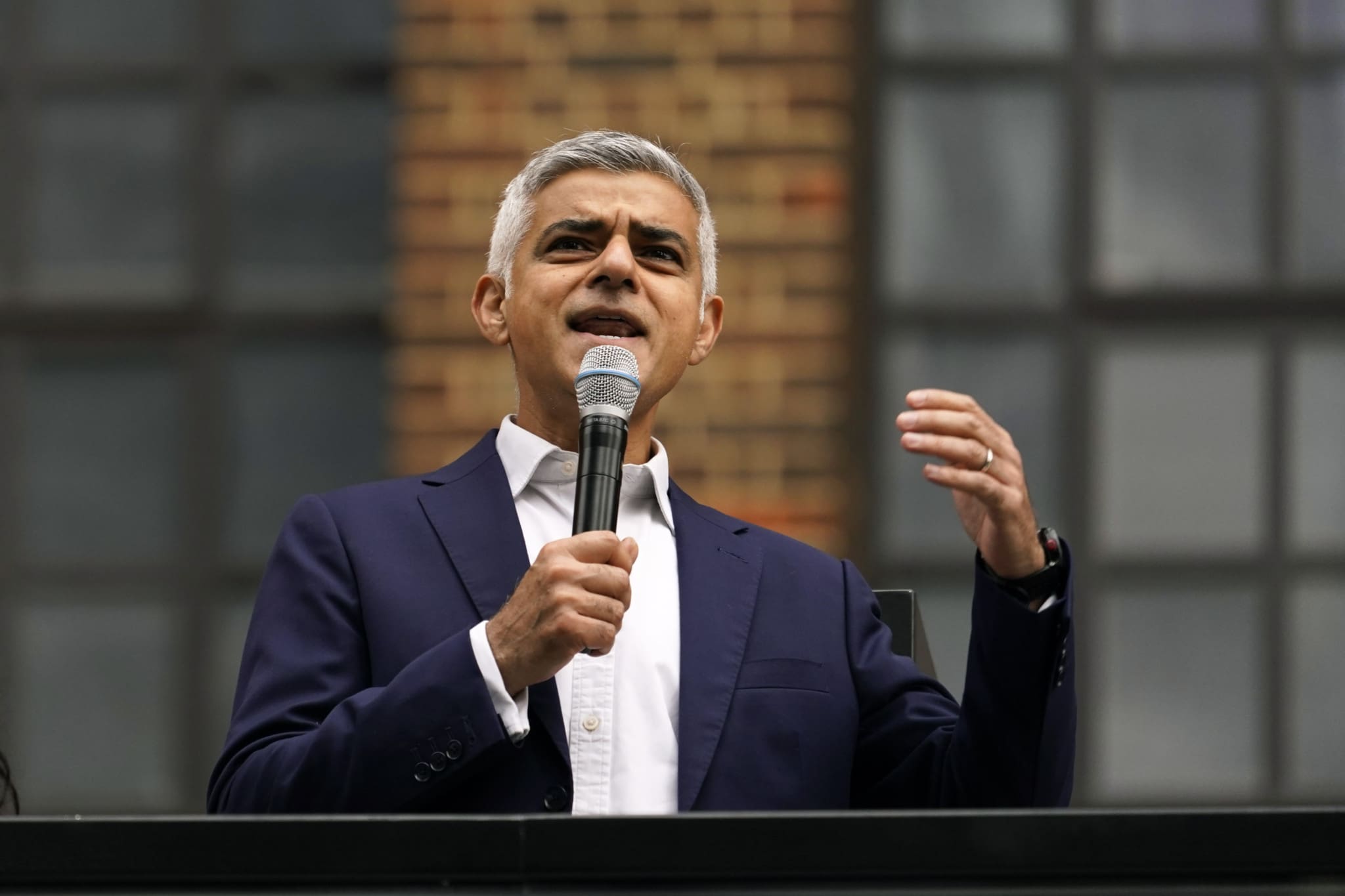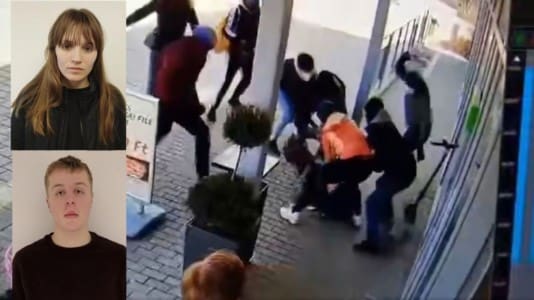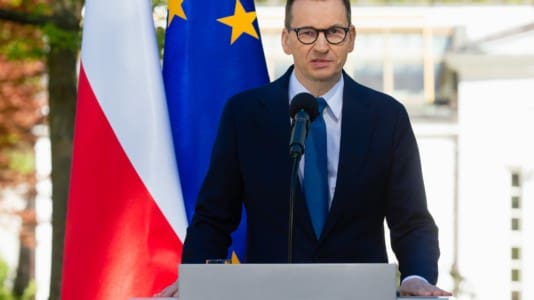London Mayor Sadiq Khan has claimed that his city needs to welcome even more migrants to fill labor shortages, and urged the British government to give him the power to decide how many people can come to London.
Speaking to journalist Krishnan Guru-Murthy on a Channel 4 podcast, the Labour politician said he has “no hesitation” in calling for even more mass immigration into Britain, despite the country receiving 1.2 million new arrivals last year and posting a net migration figure of 606,000, yet another record.
“Park the social benefits to our city from migration, park the cultural benefits to our city from migration, I’ve spent this morning with some of our city’s leading business people … they’ve got a skills shortage and a labor shortage,” he told the Channel 4 presenter.
Khan claimed that “even if every single Londoner who is currently not working wants to be trained up to do these jobs, we still have a massive number of vacancies” in healthcare, hospitality, and tech.
“So we need to have a sensible migration policy,” he added.
[pp id=78511]
Immigration into Britain has skyrocketed since the turn of the century, and since the governing Conservative party relaxed minimum wage thresholds for non-EU economic migrants after Britain’s withdrawal from the European Union, a huge percentage of the current record level of immigration is coming from outside of Europe, around 80 percent of all new arrivals.
Khan, who was a staunch advocate of remaining within the European Union and a champion of free movement and effective open borders, suggested that if the government is worried about the political consequences of limiting migration, it should hand over this competence to Khan via a devolution of powers, and let him decide who can come to work in London.
“If you’re worried about migration because it’s unpopular in certain parts of the country, if you think you don’t need it, and if other parts of the country either don’t want it for political reasons or don’t think they need it, I respect that.
[pp id=76897]
“Devolve to cities like London the powers to have a regional shortage occupation list so I can be in charge of deciding how many people come into London to help our economy,” he told listeners.
It is important to note that given the recent immigration figures, it would appear the government isn’t worried in the slightest about restricting numbers. Furthermore, if London plans to continue being a city within the United Kingdom, and given the fact there does not appear to be any political or public appetite to build a wall around the M25, it is unclear how such a policy would work, and Khan offered no further information on how this would look in practice.
He claimed that London has lost “almost half of our EU-born builders in the last seven years,” blaming this on what he described as “the extreme-hard Brexit.”
[pp id=57470]
The London mayor continued by claiming “the fear people have that migrants will come in and be benefit scroungers is just not borne out of the evidence,” and told listeners to not blame migrants for their perceived shortcomings across the country but to “blame the politicians.”
“The reason why there’s a shortage of homes, why people are waiting long periods for their parents to get decent healthcare, why people can’t get decent education from their state schools is not because of migrants, it’s because of a lack of investment from my fellow professional politicians.”
[pp id=45454]
London is already by far the most diverse major city in Britain and a hub for newcomers to the country. Around 35 percent of people living in the U.K. who were born abroad live in the capital, and around 37 percent of people living in London were born outside of the U.K., far higher than the 14 percent for the U.K. as a whole, according to a House of Commons Library report published earlier this week.
New census data published in November last year revealed that the percentage of those living in London who identify as White British had dropped to just 37 percent of the population, down from 45 percent just ten years prior.






